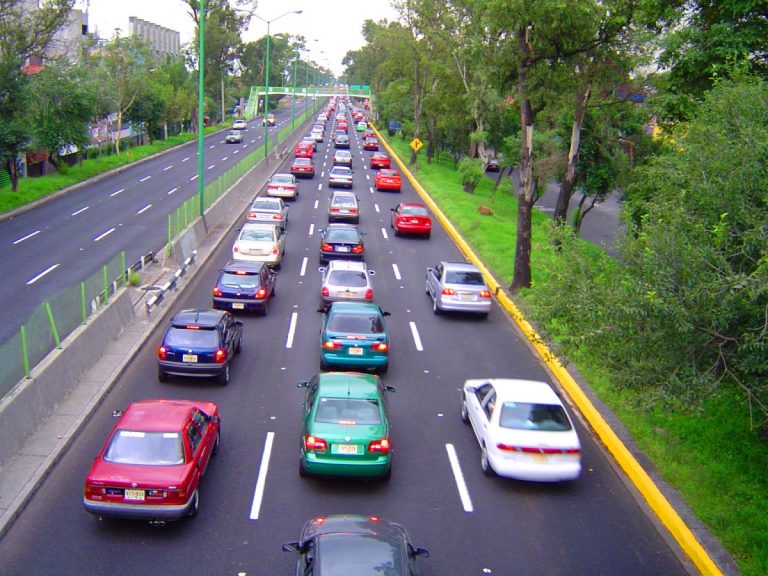
Argentina: One of Four Latin American Countries That Could Save Lives and Reduce Traffic Injuries
12 July, 2019A recent report commissioned by Bloomberg Philantrophies suggested that over 25,000 lives in Latin America can be saved and more than 170,000 injuries prevented if the United Nations (UN) vehicle safety regulations were implemented in 4 key countries. Brazil, Chile, Mexico, and Argentina are the major countries mentioned in the study that could make a significant contribution in reducing traffic fatalities and injuries, if car safety standards are applied.
Latin America: Trailing Behind in Vehicle Safety Standards
Known for its amazing natural attractions, adventure escapades and a vibrant culture, there are many road trips that you can easily do in Argentina. Unfortunately, like many Latin American countries, Argentina lags in international vehicle safety standards.
According to preliminary figures for 2019, there were 7,274 deaths caused by traffic accidents in 2018. Daily death rates stand at 7 while the monthly average is 606. Research by Luchemos Por La Vida indicates that the use of seat belts in Buenos Aires keeps decreasing and distractions pose a danger to both drivers and pedestrians.
Application of Vehicle Safety Standards
Based on the report prepared by Transport Research Laboratory (TRL) of the UK, all the four countries including Argentina must adopt key safety regulations to meet the projected scenarios outlined in the study. Vehicle manufacturers and suppliers in the region are urged to apply the minimum standards for crash protection in vehicles.
These include the installation of stability controls in vehicles to prevent loss of control and measures to protect vulnerable pedestrians. For example, Ford’s AdvancTrac® Electronic Stability Control (ESC) is activated to help you keep control of the vehicle in bad weather or alerts you when you need to make a quick maneuver. Hence, if you’re planning to replace your current vehicle, it wouldn’t hurt to do your homework on the latest safety technology before making a final decision.
“Deaths and serious injuries from vehicle crashes are preventable, and we know what works. Requiring the UN priority safety features in passenger cars, including measures to protect pedestrians and bicyclists, could save many thousands of lives in the four countries studied and is a sound investment by governments.” said Kelly Henning, the director of the Public Health program at Bloomberg Philanthropies.
Argentina Promotes Road Safety
In response to Latin New Car Assessment Programme (NCAP) tests and safety awareness campaigns, Latin American countries have begun implementing vehicle safety measures, but progress varies across the region. NCAP secretary general, Alejandro Furas, says, “…regulation is also needed to set minimum safety requirements. From this regulatory baseline, Latin NCAP will continue to build consumer awareness throughout the region encouraging a demand for ever higher levels of protection. Safer cars are not important just for passengers but for all vulnerable road users.”
To complement these initiatives, Argentina also embarked on an ambitious road safety project with the assistance of the World Bank. The focus is to strengthen the country’s management capacity for road safety and stabilize fatalities. Traffic fatalities in the country stabilized due to the deployment of a national driver’s licensing system, education campaigns, and strengthening of the National Road Safety Observatory.
Argentina’s role in reducing traffic casualties and injuries is not only important for the country, but also to the Latin American region. Together with institutional strengthening and the implementation of vehicle safety standards as well as information and awareness campaigns, fatal accidents leading to deaths and injuries can be drastically reduced.
Follow Sounds and Colours: Facebook / Twitter / Instagram / Mixcloud / Soundcloud / Bandcamp
Subscribe to the Sounds and Colours Newsletter for regular updates, news and competitions bringing the best of Latin American culture direct to your Inbox.

